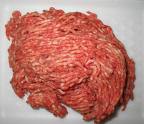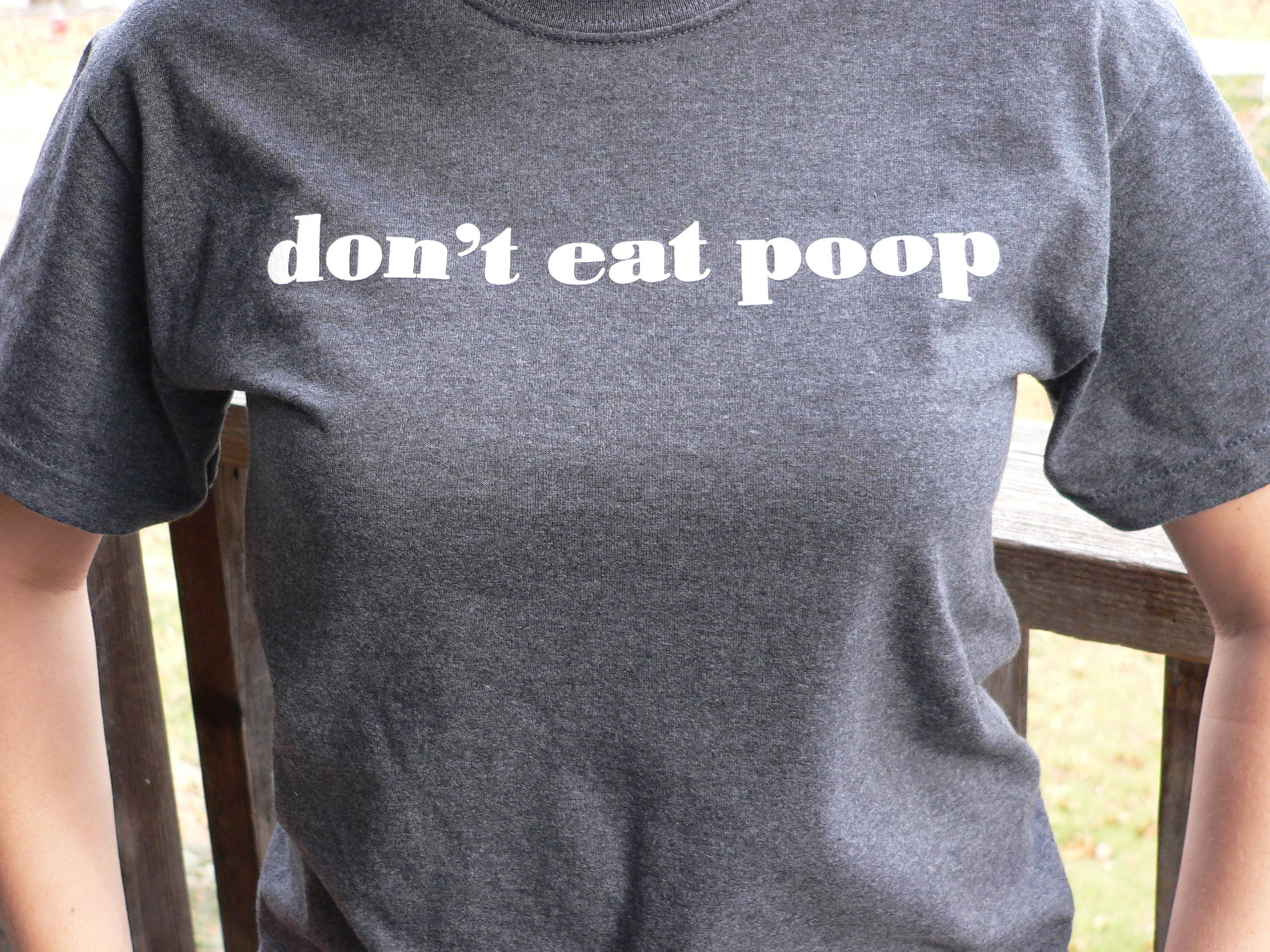Yesterday, Bill Marler listed the top 20 E. coli-in-beef outbreaks and recalls in the U.S. for 2007.
Apparently, most of that meat is either eaten, or never recovered.
 That’s what Julie Schmit and Barbara Hansen concluded in USA Today today, after a review of recall data from the U.S. Department of Agriculture.
That’s what Julie Schmit and Barbara Hansen concluded in USA Today today, after a review of recall data from the U.S. Department of Agriculture.
For 73 meat recalls this year and last, recovery rates per recall averaged 44%, but for five recalls that followed reports of consumer illness, recovery rates per recall averaged just 20%.
Kenneth Petersen, USDA assistant administrator, said that recalls spawned by reports of illness have low recovery rates because weeks or months can pass between when a product is produced, someone gets sick and illness is linked with food; recalls resulting from the USDA’s product testing tend to result in higher recovery rates.
There have been 54 meat recalls this year, up from 34 last year. For the most recent recalls, recovery rates are not yet available.
To get more consumers to check homes for recalled meats, the USDA next year plans to publicize names of retailers selling meat that was later recalled.
The story explains that on Sept. 29, Topps Meat recalled 21.7 million pounds of frozen hamburger because of potential contamination with the deadly E. coli O157:H7 bacteria. The recall, the second-biggest ever for ground beef, was well publicized. Still, New Jersey officials found 141 boxes of recalled burgers in 12 state stores about a month after the recall. Some retailers said they didn’t know about the recall, says New Jersey consumer affairs spokesman Jeff Lamm.
Recall fatigue is becoming a serious issue. In July, USA Today reported that retailers have been slow to pull Castleberry’s products that may be infected with botulism.
As I said in July, public communications about recalls need to be much more than a press release — they must be rapid, reliable, repeated and relevant, and that the produce outbreaks of 2006 marked significant changes in how stories were being told using Internet-based networking like YouTube, wikipedia, and blogs.
.gif) The inspection by the city was done for the first time since 1988 Seoul Summer Olympics when most dog meat restaurants in the capital were forced to close or to move out of the city.
The inspection by the city was done for the first time since 1988 Seoul Summer Olympics when most dog meat restaurants in the capital were forced to close or to move out of the city.
.jpg) From cooking ”a hamburger to the center” (page 21) to “well-cooked” (page 12), the document is short on specifics, and absolutely wrong when speaking to an audience I particularly care about these days – pregnant women.
From cooking ”a hamburger to the center” (page 21) to “well-cooked” (page 12), the document is short on specifics, and absolutely wrong when speaking to an audience I particularly care about these days – pregnant women.(2).jpg)
 Earlier this week,
Earlier this week, 
 The
The  That’s what Julie Schmit and Barbara Hansen concluded in
That’s what Julie Schmit and Barbara Hansen concluded in  Kent Sepkowitz, a physician in New York City who writes about medicine, writes in
Kent Sepkowitz, a physician in New York City who writes about medicine, writes in .jpg) While introducing a Senate motion to block the movement of older Canadian cattle into the U.S., U.S. Senator Byron Dorgan (D-ND) couldn’t help himself and played the "
While introducing a Senate motion to block the movement of older Canadian cattle into the U.S., U.S. Senator Byron Dorgan (D-ND) couldn’t help himself and played the ".jpg) I don’t know much about farm bills and state versus federal inspection.
I don’t know much about farm bills and state versus federal inspection. .jpg) Rep. Denny Rehberg, R-Mont., apparently ignored
Rep. Denny Rehberg, R-Mont., apparently ignored